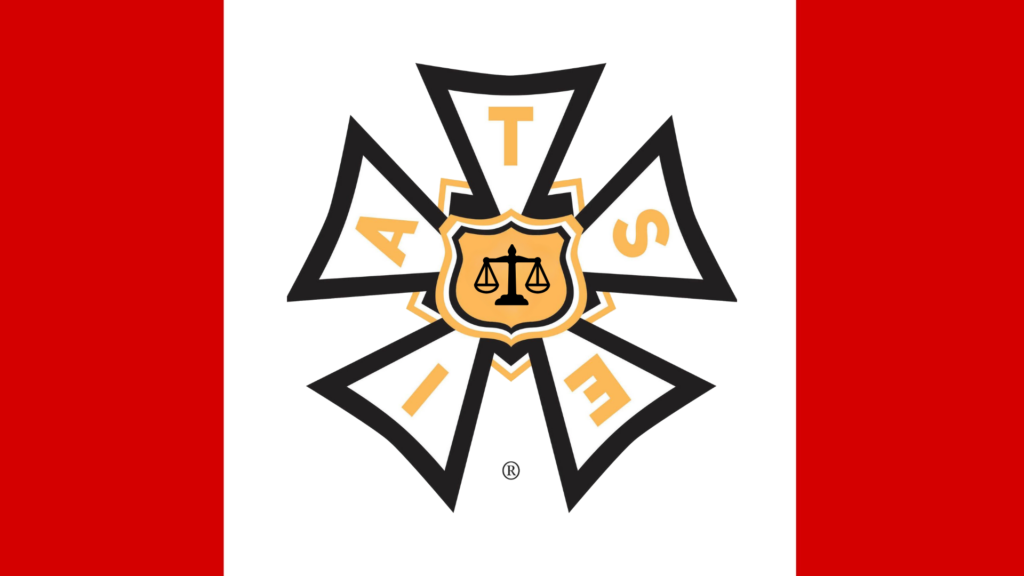- May 25, 2021
- Collective Agreement Interpretation
In IATSE, Local 411 v King Film Productions, Arbitrator MacDowell determined that a portable toilet placed near a “dry wagon” did not constitute a “honey wagon” as defined under the IATSE Local, 411 Collective Agreement.
A “honey wagon” is a type of special-purpose tractor-trailer used by production companies when filming on location. Local 411’s Collective Agreement provided that certain work in relation to the driving and tending of honey wagons was to be performed by its members. The Collective Agreement provided a very narrow definition of honey wagon as “any vehicle containing multiple compartments or units, used either as dressing room(s) or office(s) (whether occupied or not) together with crew washroom facilities…” In contrast, a “dry wagon” is a very similar type of vehicle containing room units, but no toilets or plumbing.
The grievance arose because the Employer placed a “dry wagon” in close proximity to a portable toilet. In the Union’s view, this arrangement, in effect, reproduced the functional characteristics of a honey wagon as the arrangement provided both room units and crew access to a washroom. The employer’s position was that a vehicle that does not have “integrated on-board toilet facilities” could not be a “honey wagon” and that a “honey wagon” is a “single, unique, and specifically defined kind of ‘vehicle.” The employer argued a “dry wagon” does not become a “honey wagon” simply because a portable toilet is placed nearby.
In determining the issue, arbitrator MacDowell looked to the language of the collective agreement, job descriptions, past practice, and the history of bargaining between the parties. It was noted that the collective agreement provided that the employer had discretion not to use a honey wagon. There was also evidence that similar arrangements had existed for several years prior to the grievance, without complaint. Particularly, “the Union knew about that kind of set up, for years, and no one ever suggested that it amounted to a ‘honey wagon’”.
Of primary importance was the actual language of the collective agreement. Arbitrator MacDowell interpreted the Collective Agreement starting from the principal that the parties obligations should be determined from the particular words used, read in their factual and contractual context.
Arbitrator MacDowell noted the “problem” in this case arose from the fact that Local 411’s bargaining unit was confined to a single job classification linked to a single specialized piece of equipment (the honey wagon). The arbitrator commented that while this was unfortunate, it nevertheless did not detract from the fact that the Local had “defined its legal rights exclusively in respect of a specific kind of vehicle, while simultaneously acknowledging that an employer is not required to use that equipment at all.” In the arbitrator’s view, there was no doubt that the Local had confined its rights and work jurisdiction to a single and very particular type of vehicle.
Further, the arbitrator found very little support for a functional approach in the language of the collective agreement. For instance, it was noted that the words in the definition of honey wagon “…so carefully selected – define and confine Local 411’s bargaining rights and work jurisdiction, to that kind of vehicle ONLY.” [emphasis original] Particularly, the use of the word “is” made it clear that “in order for something to be a ‘honey wagon’ for the purposes of the Collective Agreement, it must consist of, or be the very ‘thing;’ that is described in the words that follow.”[1] [emphasis original] That is, a vehicle containing crew washroom facilities.
Arbitrator MacDowell went on to describe issues that would arise if the functional approach were adopted. Particularly, work jurisdiction as between IATSE Local 411 and 873 (the latter having jurisdiction over operation of dry wagons and other vehicles) would change depending on the proximity of washroom facilities to a dry wagon. For example, if a Local 873 member happened to park a dry wagon near a washroom facility, the legal characterization of the vehicle, and the work would change.[2] Arbitrator MacDowell found it an odd suggestion that the mere proximity of one thing to another could change the legal characterization of both. Accordingly, it was found that the operational issues tended “to support the simpler reading of language.”
For all of these reasons, Arbitrator MacDowell determined that on a proper reading of the Collective Agreement, the “dry wagon” and portable toilet arrangement could not constitute a “honey wagon.” The grievance was therefore dismissed.








